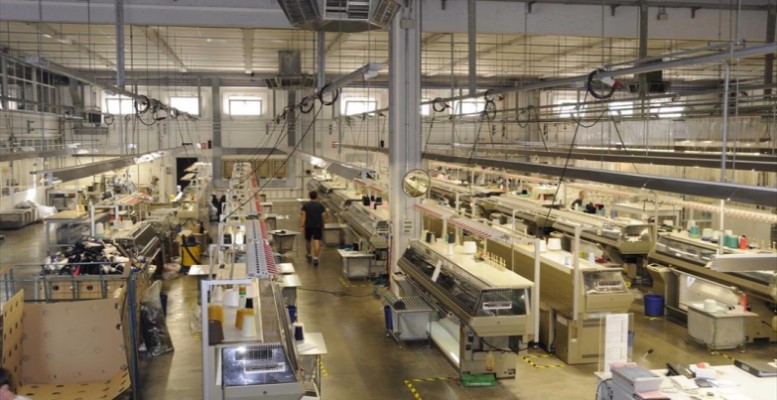Spain needs to develop an “industrial culture” to explain, defend and promote its industrial realities. This is in order to face the challenges of sustainability, digitalisation, the evolution of global value chains, changes in global demand or structural deficiencies in the EU’s business environment. For this reason, it would be important to undertake and construct a State pact for industry, from which a Law on Industry would emerge- This would make the most of European funds and accelerate the recovery from the pandemic, as stated in the report on “Industry in Spain: Proposals for its Development.” It was recently presented by the Spanish Economic and Social Council, a consultative body of the Government.
In the opinion of the Council, the Law should establish the basic principles for a medium- and long-term strategy to reindustrialize the country. This would be in line with the General Guidelines of the New Spanish Industrial Policy 2030, as well as in accordance with the Sustainable Development Goals and the recommendations of the European Commission’s Agenda 2030.
The implementation of these measures has been slowed down by the political deadlock. In this sense, the institution defends the participation of the autonomous communities and social agents in this future law. It would modernize the productive model towards the ecological transition, as well as the digital transformation and increase the strategic industrial autonomy of Spain.
The new Industry Law must establish a clearer, more stable and more understandable regulatory framework. It needs to count on both the current capacity to tackle the intense technological transformation our industry has experienced since the current law of 1992. But also the future capacity to face the challenges that arise in the new digital context. It is also necessary to adapt the Spanish regulatory framework to the European and international context. This will allow us to take better advantage of the paths of industrial development and social progress.
It would be necessary to properly structure the systems of incentives for industrial investment to make them more effective; as well as enhance their attractiveness by balancing direct aid, improving market conditions in subsidised loans, and offering specific tax advantages. In this sense, the objective must be to achieve the maximum level of incentives authorised by the Community regulatory framework.
In the future, industrial development must be based largely on the current sectors. It will therefore be necessary to develop new products and businesses in these sectors, promoting R&D&I, and working both internally and in cooperation with other companies, technology centres and universities. Similarly, support should be given to collaborative projects between supplier and customer. These would be for the development of new solutions, to promote startups, innovative public procurement focused on the generation of prototypes and first references in the market, and relevant participation in international consortia.
From a conceptual point of view, the field of study of the report has been limited to the manufacturing industry. This represents most of the industrial activity in Spain, with four fifths of the output and 90 % of the employment in the National Accounts.
The direct contribution of the manufacturing sector to GDP was estimated at around 13 % in 2018, accounting for almost 12 % of full-time equivalent employment. In addition, its dragging effect on the rest of the economy must be taken into account. It is the sector that requires more intermediate consumption per unit of production and generates significant indirect effects on other sectors. Considering this indirect and induced effect of industrial activity, different studies estimate its contribution to GDP at around 43%, and 30% in the case of employment.





